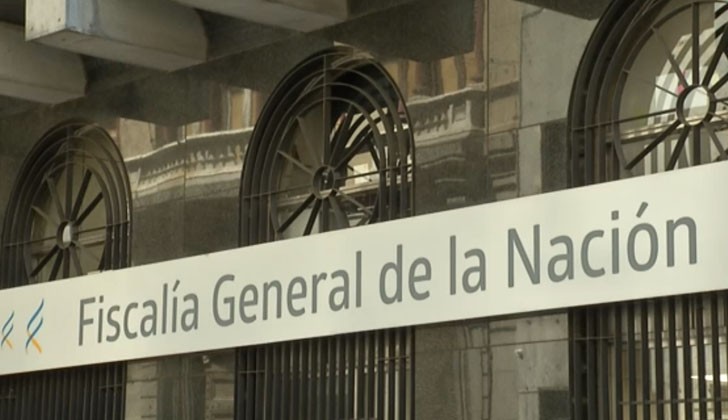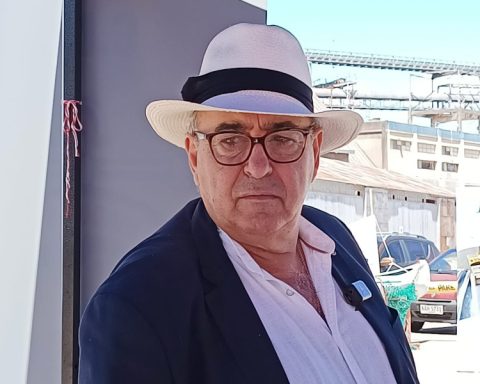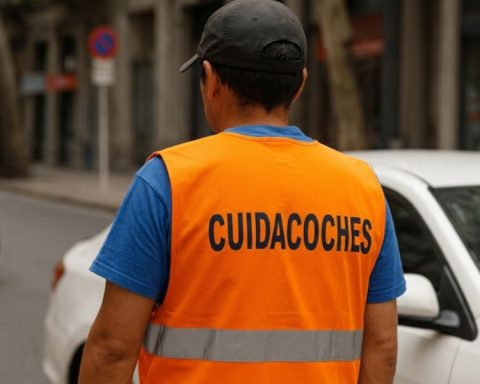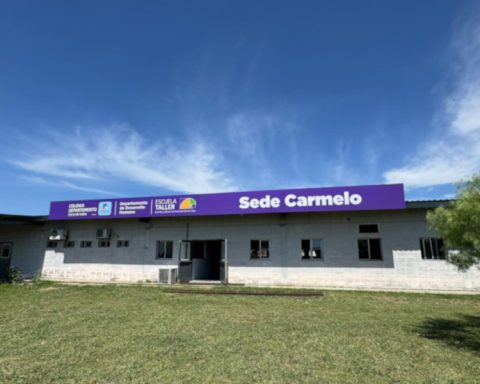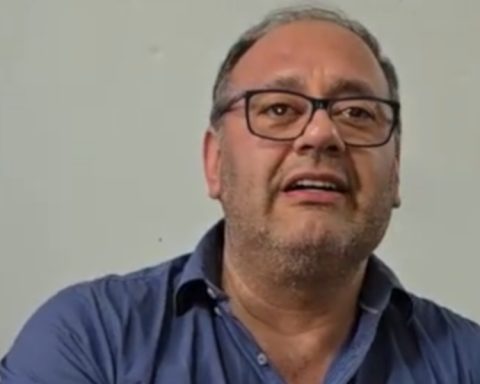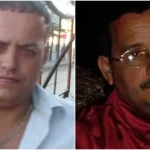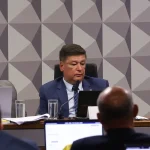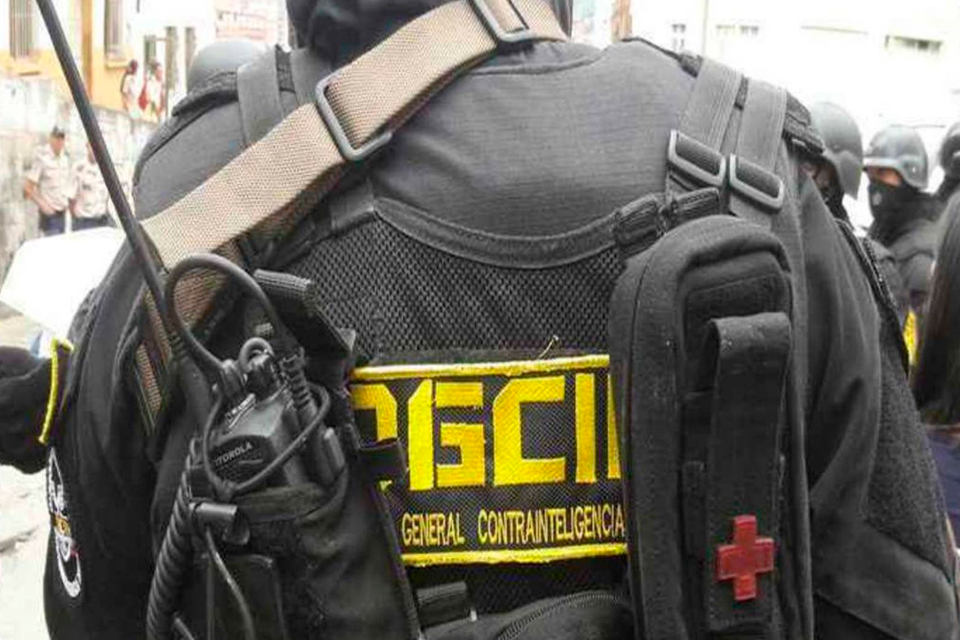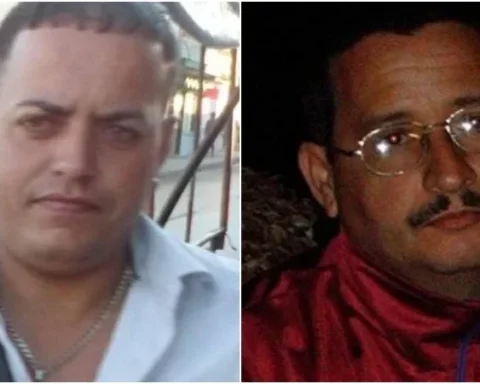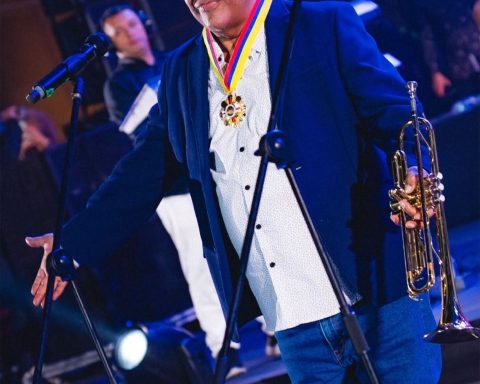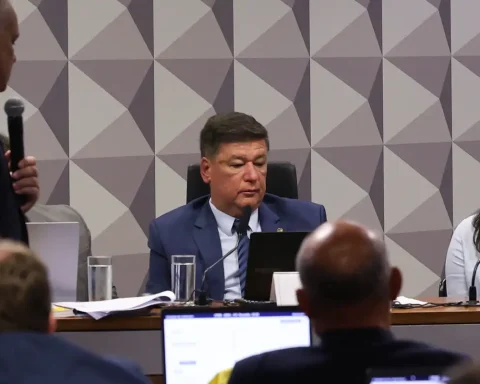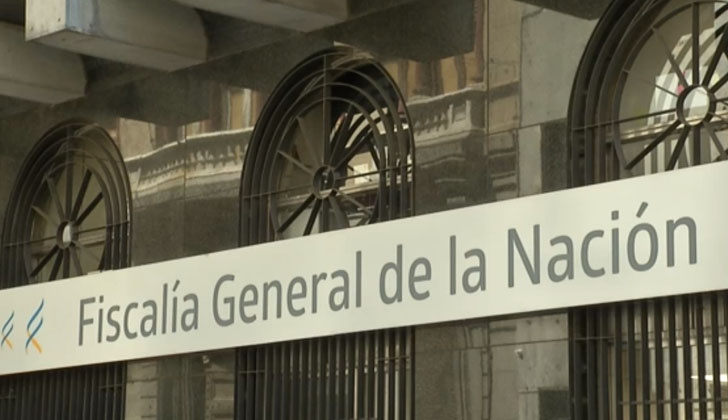
In the last hours, the Attorney General’s Office reported that the Montevideo Criminal Prosecutor’s Office for Economic Crimes and Complex 1st shift, in charge of prosecutor Enrique Rodríguez, filed the complaint filed by legislators in 2018 about possible acts of State intelligence carried out after the return of democracy, since 1985.
Espionage
The prosecutor’s investigation concluded that “the evidence obtained is conclusive as to the fact that irregular and illicit espionage actions were carried out from 1985 and, in principle, until 2005, by State intelligence agencies.”
Among them: “The National Directorate of Information and Intelligence, the General Directorate of Defense Information and what was later called the National Directorate of State Intelligence, all of them, agencies dependent on the Ministry of the Interior and the Ministry of National Defense, respectively.”
The Prosecutor’s Office affirms that it was also clear that the objective of the so-called “espionage was the political parties, their leaders and supporters, from different sectors.”
Likewise, “popular movements, unions, social organizations, and in some cases, members of other State powers, and an autonomous entity” were the target of espionage.
“This illegal task was carried out through surveillance, infiltrations in unions, social organizations, political parties, and other organizations; eavesdropping by capturing telephone communications; illegal entry to homes, premises or other real estate and fluid exchange of information provided by other people who were paid for that ‘work’”, indicated the prosecutor in the case.
Presumably criminal conduct emerges from the investigation that may be included in criminal figures, such as: “Abuse of functions, failure to report crimes, investigation, violation of domicile, telephone interception, disclosure of telephone secrecy, knowledge of secret, public or private documents. and revelation of secrets.
Prosecutor Rodríguez states in his brief that “the alleged crimes committed have a maximum sentence of less than ten years, in particular, most of them have a maximum sentence of three years in prison, others are punished with a sentence of 24 months in prison and in some of the mentioned cases they only have a penalty of fine”.
In this sense, it emphasizes that the term for the crime to be considered prescribed is “ten years and therefore the possibility of exercising criminal action, which expired in 2015, is extinguished.”
“Computing the time elapsed from the date on which the criminal act occurred, until the Justice became aware of the aforementioned facts so that the investigation could begin, (the proceedings were remitted by the House of Representatives to the Prosecutor’s Office on December 7). November 2018 and admitted the next day, 13 years passed, ”Rodríguez details.
Data
In September 2015, after a raid on the home of the late Colonel Elmar Castiglioni, voluminous information on the Uruguayan dictatorship (1973-1985) was seized.
The archives contain information and documentation from the early 1980s to 2009.
The documents of the late soldier Elmar Castiglioni -nephew of the former director of Police Intelligence during the dictatorship, Víctor Castiglioni- revealed the practice of different espionage activities in democracy, which included, among others, former presidents Julio María Sanguinetti and Jorge Batlle and their collaborators. , the founder of the Broad Front, Líber Seregni, the Communist Party and the National Liberation Movement, as well as the Single Telecommunications Union (SUTEL) and the Union of Metal Workers and Allied Branches (UNMTRA). Among the news outlets investigated were Mate Amargo and La Hora.
As a result of the complaints, at the time a parliamentary Investigative Commission was formed, promoted by legislators from the Front.
